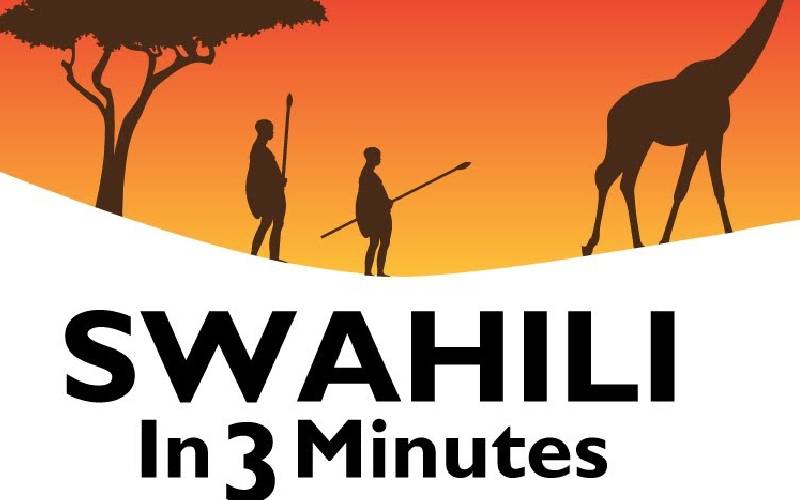
One TV station recently invited me for an interview in Swahili.
Uncover the stories others won’t tell. Subscribe now for exclusive access
- Unlimited access to all premium content
- Uninterrupted ad-free browsing experience
- Mobile-optimized reading experience
- Weekly Newsletters
- MPesa, Airtel Money and Cards accepted
